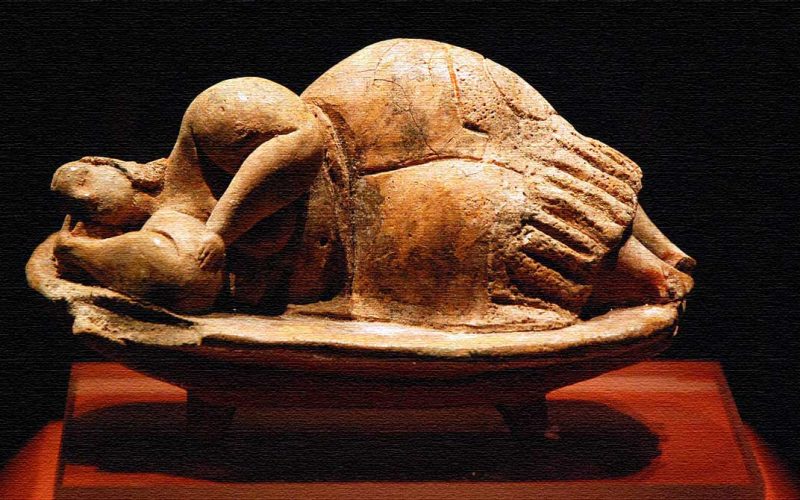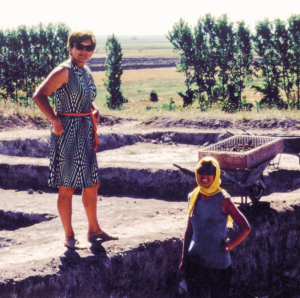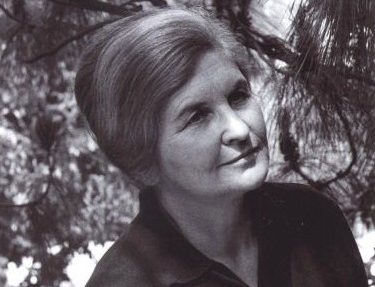
The Parliament of Lithuania has declared 2021 the year of Marija Gimbutas, with commemorative events to be organized in Lithuania, USA and France. The 100th anniversary of her birth on January 23rd has been incorporated in the list of anniversaries declared by UNESCO and its member nations.
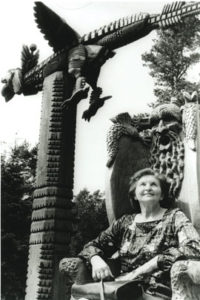
Lithuanian archeologist, anthropologist, researcher of Baltic and Indo-European culture and mythology, Professor Marija Gimbutas (1921–1994) earned a reputation as a world-class specialist on Bronze Age Europe, as well as on Lithuanian folk art and the prehistory of the Balts and Slavs, partly summed up in her definitive opus, Bronze Age Cultures of Central and Eastern Europe (1965). In her work she reinterpreted European prehistory in light of her backgrounds in linguistics, ethnology, and the history of religions, and challenged many traditional assumptions about the beginnings of European civilization. She was the founder of the field of archeomythology. As a Professor of European Archaeology and Indo-European Studies at UCLA from 1963 to 1989, Gimbutas directed major excavations of Neolithic sites in southeastern Europe between 1967 and 1980.
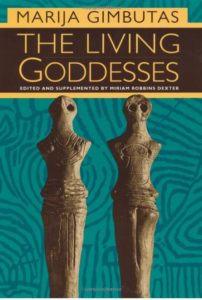
Her works on Old Europe, its gods and goddesses, and prehistoric Balts gained world recognition among academics. Gimbutas gained fame and notoriety in the English-speaking world with her last three English-language books: The Goddesses and Gods of Old Europe (1974); The Language of the Goddess (1989); and The Civilization of the Goddess (1991), which, based on her documented archaeological findings, presented an overview of her conclusions about Neolithic cultures across Europe: housing patterns, social structure, art, religion, and the nature of literacy.
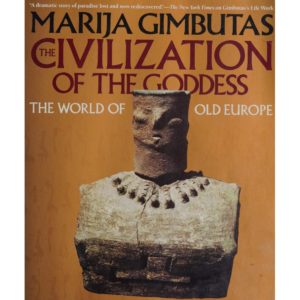
During her lifetime, she maintained ties with the US Lithuanian community and its culture, giving lectures, providing articles and nurturing Lithuanian artists. In 1993 she was awarded an honorary doctorate by Vytautas Magnus University in Kaunas. She also received them from the California Integral Studies Institute and the National University of Ireland. In all she wrote 23 books, five of them in Lithuanian. She is buried in Kaunas, at the Petrašiūnai Cemetery.
“I do not suggest that we renew ancient times, but study and take the best of everything to use today… We need to connect with the earth, its plant and animal life, and that‘s what Old European culture was.“ – Marija Gimbutas
For Lithuanian readers, an in-depth biography is available on the website bernardinai.lt.
Inf. From alkas.lt and Wikipedia
